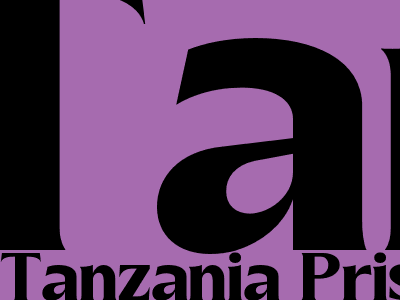Tanzania: The Transformation of Prisons
A Journey towards Rehabilitation and Reintegration
Tanzania's prison system has undergone a significant transformation in recent years, shifting its focus from punishment to rehabilitation and reintegration. This article delves into the innovative approaches and initiatives that have contributed to this positive change, highlighting the country's commitment to creating a more just and humane penal system.Rehabilitation Programs and Skill Development
Tanzanian prisons have implemented a range of rehabilitation programs aimed at equipping inmates with the skills and knowledge necessary for successful reintegration into society. These programs include vocational training, literacy classes, and counseling services. Tailored to individual needs, they empower inmates to acquire marketable skills, improve their education levels, and address underlying issues that may have contributed to their incarceration.
Community-Based Initiatives
Recognizing the importance of community involvement in the rehabilitation process, Tanzania has fostered partnerships with local organizations and businesses. These partnerships provide inmates with opportunities for work release programs, community service projects, and mentoring initiatives. Through these collaborations, inmates gain practical experience, build relationships, and develop a sense of belonging within the community.
Post-Release Support and Reintegration
Tanzania's commitment to rehabilitation extends beyond prison walls. The Tanzania Prisons Service has established a dedicated unit responsible for providing post-release support to former inmates. This unit assists with job placement, housing, and other reintegration services, ensuring that individuals have the necessary resources to successfully transition back into society.
Prison Conditions and Human Rights
In addition to rehabilitation programs, Tanzania has made significant improvements in prison conditions and the treatment of inmates. Prison overcrowding has been reduced, and inmates now have access to adequate healthcare, sanitation, and nutritious food. The Tanzania Human Rights Commission regularly monitors prisons to ensure compliance with international human rights standards.
Challenges and Future Prospects
Despite the progress made, Tanzania's prison system still faces challenges. Reintegration programs require sustainable funding, and the demand for post-release support often exceeds available resources. However, the government and its partners remain committed to addressing these challenges and further improving the country's prison system.
Conclusion
Tanzania's transformation of its prison system serves as a beacon of hope for a more compassionate and effective penal system. By prioritizing rehabilitation and reintegration, Tanzania has demonstrated its belief in the potential of individuals to change and contribute positively to society. As the country continues to invest in its prison infrastructure, programs, and partnerships, it sets an example for other nations seeking to create a more just and humane society.

Comments